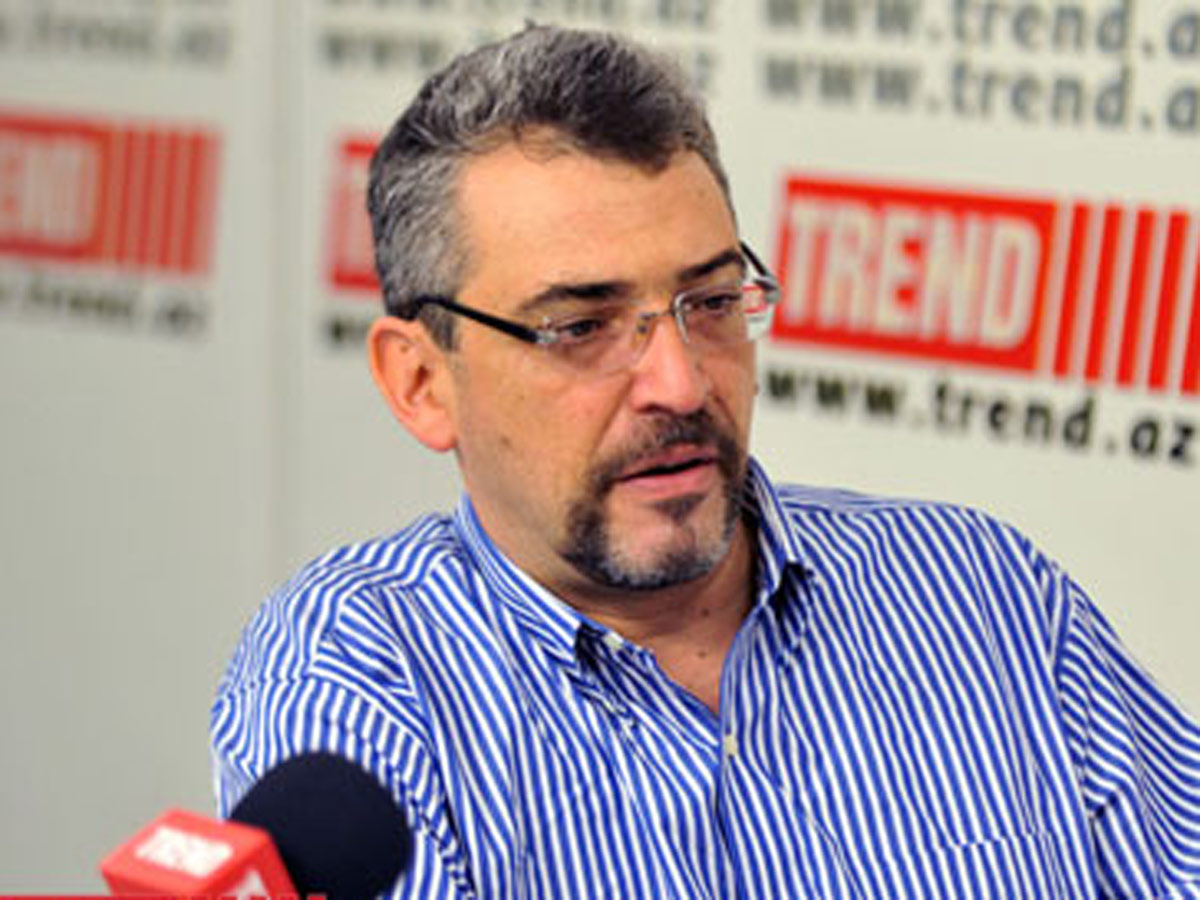Baku, Azerbaijan, May 9
By Dalga Khatinoglu - Trend:
Iran's oil minister says the country needs some $180 billion worth of investment, as well as western technology to develop energy-related projects.
Iran holds world's first place in terms of gas reserves with 33.8 trillion cubic meters, and fourth as far as oil reserves go, with 157 billion barrels.
Iran also plans to increase the raw gas production from the current 660 million cubic meters per day (mcm/d) to 1,100 mcm/a by 2019. The Islamic Republic has deals with Iraq, Oman and Pakistan to start 40 billion cubic meters per annum (bcm/a) of gas export to these countries.
However, Iran's Oil Minister Bijan Namdar Zanganeh said May 7 that Iran is keen to export liquefied natural gas (LNG) export to Europe instead of natural gas.
Iran doesn't have an LNG plant, but is talking with Germany to resume an LNG project agreement, suspended in 2010 due to sanctions. The projected plant is aimed to to produce 10.5 million tons of LNG annually.
However, the country needs to double gas re-injection to old oil wells which share 80 percent of the country's crude production to 60 bcm/a, as well as supplying more 20 bcm/a of gas to power plants to cut liquid fuels burning there.
Adding the 40 bcm/a of oil export deals with Oman, Pakistan and Iraq as well as huge domestic gas growth, it seems Iran has a lot to do to have surplus gas liquefied and ready for export.
However, in the light of rising chance for elimination of sanctions by achieving a comprehensive nuclear deal between Iran and P5+1, Iran hopes to develop upstream gas projects fast.
The director of the International Market Analysis, Ltd. Ariel Cohen told Trend on May 8 that Iran's "broken and fractious government, mismanaged oil and gas industry, domestic pressures, and high political risk even after the anticipated nuclear agreement with P5+1 do not bode well for either the LNG project in the Persian Gulf, or the main natural gas export pipeline to Turkey."
Iran needs realization of a $6-billion worth 9th cross-country pipeline to transfer gas from South Pars to northwestern borders with Turkey to join Trans Anatolian Pipeline, aimed to deliver gas to Trans Adriatic Pipeline towards Europe.
Cohen believes that a fundamental change will be necessary for Iran's foreign policy.
"Such change should reduce concerns of its Arab Sunni neighbors, as well as the US and Israel, thus decreasing political risk of investments in natural gas projects in Iran," he said.
"Moreover, a comprehensive regulatory reform is necessary in the hydrocarbon sector. Only after that the gas export projects become viable. Four years may not be enough to accomplish this huge task," the expert believes.






